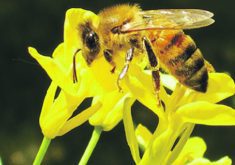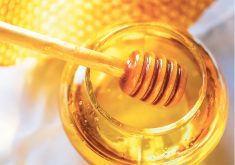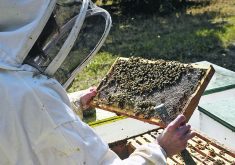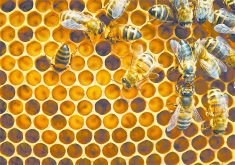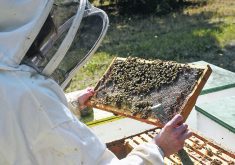WINNIPEG — It’s possible that 80 per cent of the honey produced in countries such as India and Vietnam is not authentic.
Canadian and American beekeepers who produce genuine honey need someone or some organization to test and detect that fake honey to keep it out of the domestic market.
A new partnership between companies from Canada and the United Kingdom could make such testing more available in North America.
Read Also
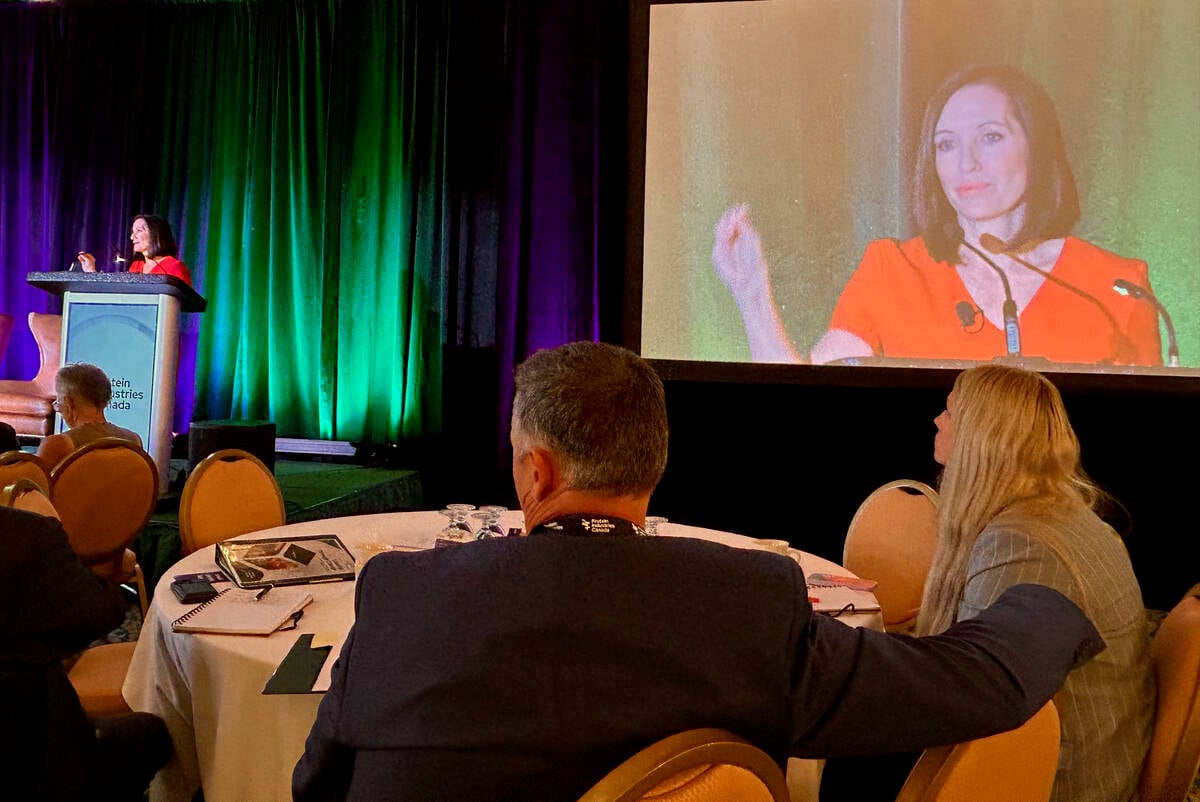
Canada told trade crisis solutions in its hands
Canadians and Canadian exporters need to accept that the old rules of trade are over, and open access to the U.S. market may also be over, says the chief financial correspondent for CTV News.
Fera Science from England and Purity-IQ from Guelph, Ont., have formed a partnership to “leverage the strengths of both organizations,” says a July news release.
Purity-IQ specializes in probiotic testing, and the company will provide that service to potential clients in Europe.
Fera Science has expertise in authenticity testing of honey, which will now be available to customers in Canada and the United States.
Along with olive oil, honey is one of the foods that is frequently fraudulent.
The amount of fake honey on the global market is so excessive that the International Federation of Beekeepers’ Associations did not hand out awards for best honey at this year’s meeting in Denmark.
The associations could not ensure that all honey in the competition was genuine, the Guardian reported.
“It’s just unbelievable if the world organization for all beekeepers cannot guarantee the authenticity of honey. The scale of this fraud is huge,” said Bernhard Heuvel, president of the European Professional Beekeepers Association.
There are multiple methods and technologies to produce fake honey, such as adding rice syrup or corn syrup.
The presence of Fera in the Canadian market could increase the detection of fake honey, but it seems like the culprits are already known.
Ron Phipps writes the International Honey Market report.
He has written for years that India, China and Vietnam have a history of manufacturing and exporting fake honey.
“The magnitude of adulteration of honey is greater than revealed previously, according to government and academic scientists. German laboratories have recently indicated in public and private talks that the findings of adulteration with bioengineered sweeteners of Indian honey samples are up to 80 to 90 per cent,” says the March 2025 International Honey Market report.
“Vietnamese honey exporters have said that they could produce mature, ripened honey, but if they did so, they could not produce the vast quantities nor sell at the low prices demanded by American packers and importers.”
With the massive amount of fake and cheap honey in the global market, it’s become challenging for Canadian beekeepers to sell authentic honey to U.S. buyers.
In March, members of the U.S. Congress introduced the Honey Integrity Act to combat the flow of fraudulent honey into America.
It would create a national standard for honey and increase enforcement against fraudulent honey sales.
American beekeepers are enthusiastic supporters of the proposed legislation.
“We were pleased to work closely with congressman (Greg) Stuebe, a beekeeper himself, on the need for this legislation to protect U.S beekeepers and U.S. consumers from … adulterated honey from entering the county,” said Patty Sundberg, American Beekeeping Federation president.
“ABF looks forward to working closely with the legislation’s sponsors to see this much needed legislation become law.”
The act must work its way through Congress and be signed by president Donald Trump before it becomes law.






